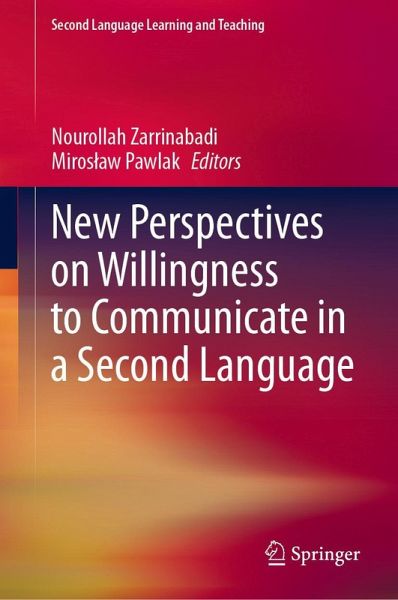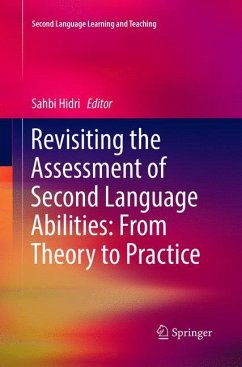
New Perspectives on Willingness to Communicate in a Second Language

PAYBACK Punkte
53 °P sammeln!
This edited collection provides a state-of-the art overview of research on willingness to communicate (WTC) in a second and foreign language. In particular, it includes innovative studies seeking to demonstrate the ways in which WTC can be examined within the framework of complex dynamic systems, how the construct is related to self-assessment, reticence and extroversion, and what is signifies in the case of immigrants. Another group of papers is related to the role of technology in fostering WTC in different contexts. The volume also comprises papers that touch on methodological issues in the...
This edited collection provides a state-of-the art overview of research on willingness to communicate (WTC) in a second and foreign language. In particular, it includes innovative studies seeking to demonstrate the ways in which WTC can be examined within the framework of complex dynamic systems, how the construct is related to self-assessment, reticence and extroversion, and what is signifies in the case of immigrants. Another group of papers is related to the role of technology in fostering WTC in different contexts. The volume also comprises papers that touch on methodological issues in the study of WTC such as experience case sampling, the network approach or the integration of the macro- and micro-perspective. The book will be of values to researchers interested in the study of WTC but will also provide inspiration for students, teachers and materials writers.












